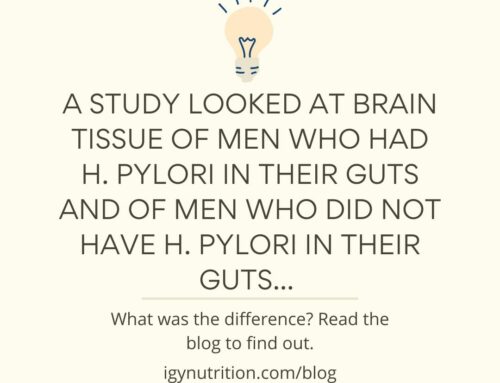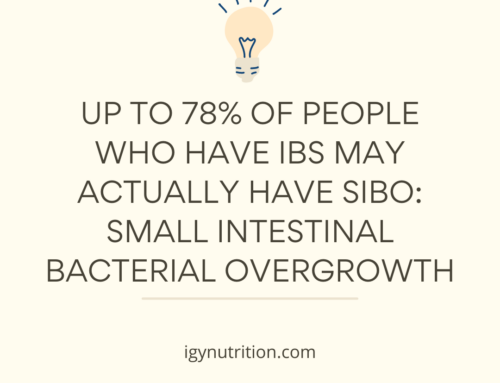There seem to be two primary camps among health gurus: intermittent fasters and those who eat all day long.
In the context of gut health, who’s correct? Should we be intermittent fasting or eating six meals a day? Let’s take a look.
About Intermittent Fasting for Gut Health
Intermittent fasting is the practice of constraining eating to certain hours of the day.
For example, if someone were following a “16-8” intermittent fasting plan, they would fast for 16 hours per day and only eat during an 8-hour window – say, from noon to 8 PM.
Intermittent fasting is a topic of fierce debate among the health community – it’s pretty controversial.
Studies seem to show that intermittent fasting itself is not helpful for weight loss – though constraining eating to certain hours of the day may psychologically help people refrain from consuming excess calories. If it enables you to restrict calories, great – if not, it likely won’t benefit your weight loss journey.
Despite that, intermittent fasting seems to provide other benefits, such as insulin and inflammation regulation.
It propels autophagy within the body, which is your body’s process of cleaning out damaged cells. It’s like taking out the trash. Ramped-up autophagy is universally agreed upon as beneficial for the body.
Autophagy is absolutely crucial for gut health. It regulates your intestines’ interaction with the microbiome and its immune response to harmful bacteria. Those with diseases of the intestines often have lower rates of autophagy.
For that reason, if you struggle with gut health, propelling autophagy may be a concrete reason to practice intermittent fasting.
Intermittent fastings’ benefits don’t end there, however. Recent studies show that gut bacteria activity mirrors our circadian rhythm.
Eating at night may, in some cases, screw their routine up. Scientists aren’t entirely sure why, but changing what time the microbes are active negatively impacts the microbiome’s composition in some cases.
Intermittent fasting would prevent nighttime snacking if adhered to – which, in turn, could have a protective effect on the gut microbiome. Whether or not you choose to practice intermittent fasting, avoiding eating at night is a safe bet.
Tag us in your intermittent fasting journey on Instagram @igynurition! Happy eating.




